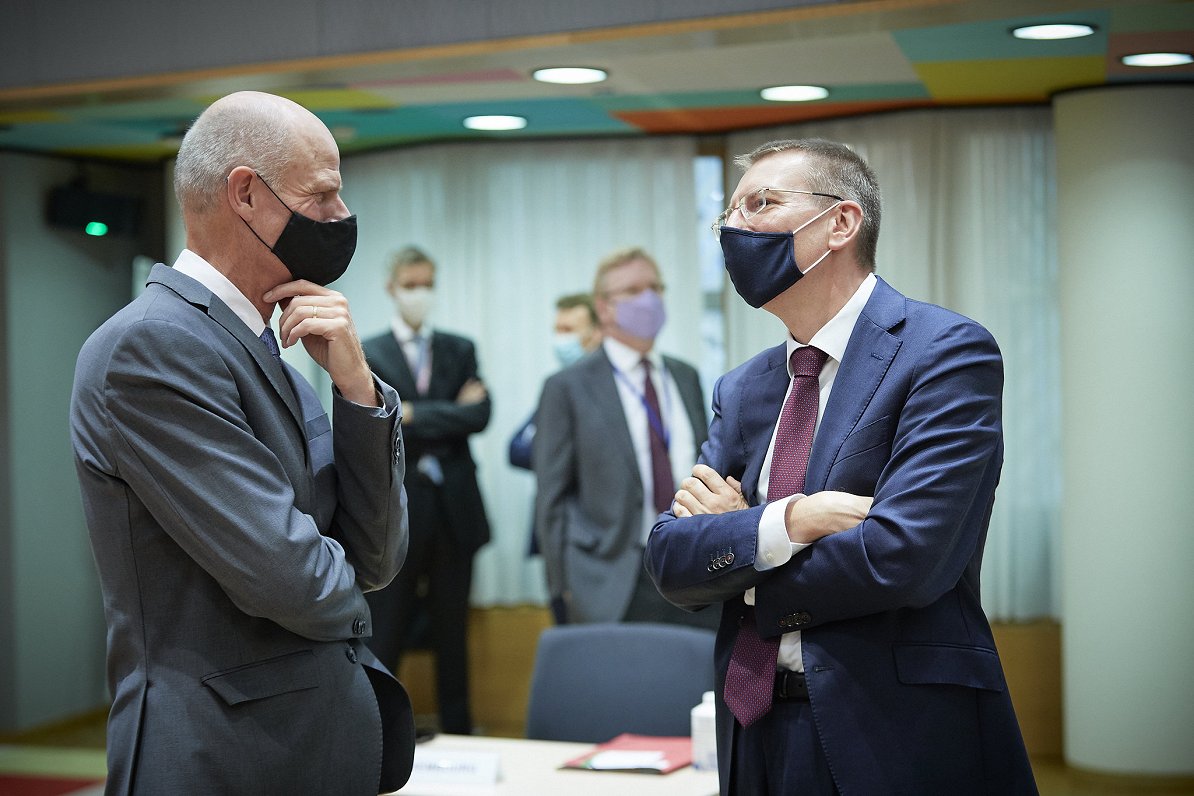The meeting exchanged views on developments in Turkey, Russia and China, as well as a discussion on relations between the EU and the African Union, and the latest developments in Belarus.
The EU Foreign Ministers discussed potential EU support for a dialogue between the Belarusian society and the official authorities, including the EU’s financial support to the people of Belarus, as well as the ways to review EU-Belarus relations.
The Ministry said in the statement, that Rinkēvičs supported the position that the presidential election held on 9 September can be recognized as neither free nor fair; the EU should send a clear message concerning Alexander Lukashenko’s regime.
"Sanctions and the review of relations must not be to the detriment of Belarusian society, and the European Union must continue to support Belarusian civil society by devoting financial resources to the treatment and rehabilitation of those who have suffered violent repression under the Alexander Lukashenko regime. The European Union must also continue the dialogue with all Belarusian opposition politicians," said Rinkēvičs.
Edgars Rinkēvičs called for immediate approval of sanctions and made a point that one EU Member State must not jeopardize the actions of the EU as a whole by failing to take a decision on sanctions against Belarusian officials responsible for forceful detention and torture of peaceful protesters.
That is likely a reference to Cyprus, which has been threatening to veto sanctions on Belarus unless similar measures are adopted with regard to Turkey. Rinkēvičs was not so bold as to mention Cyprus by name, however.
Before the Foreign Affairs Council meeting, Edgars Rinkēvičs took part in a working breakfast of EU Foreign Ministers with the Belarusian president-elect, Sviatlana Tsikhanouskaya, with whom he had already had a bilateral meeting in Rīga hours before, as reported by LSM.





























